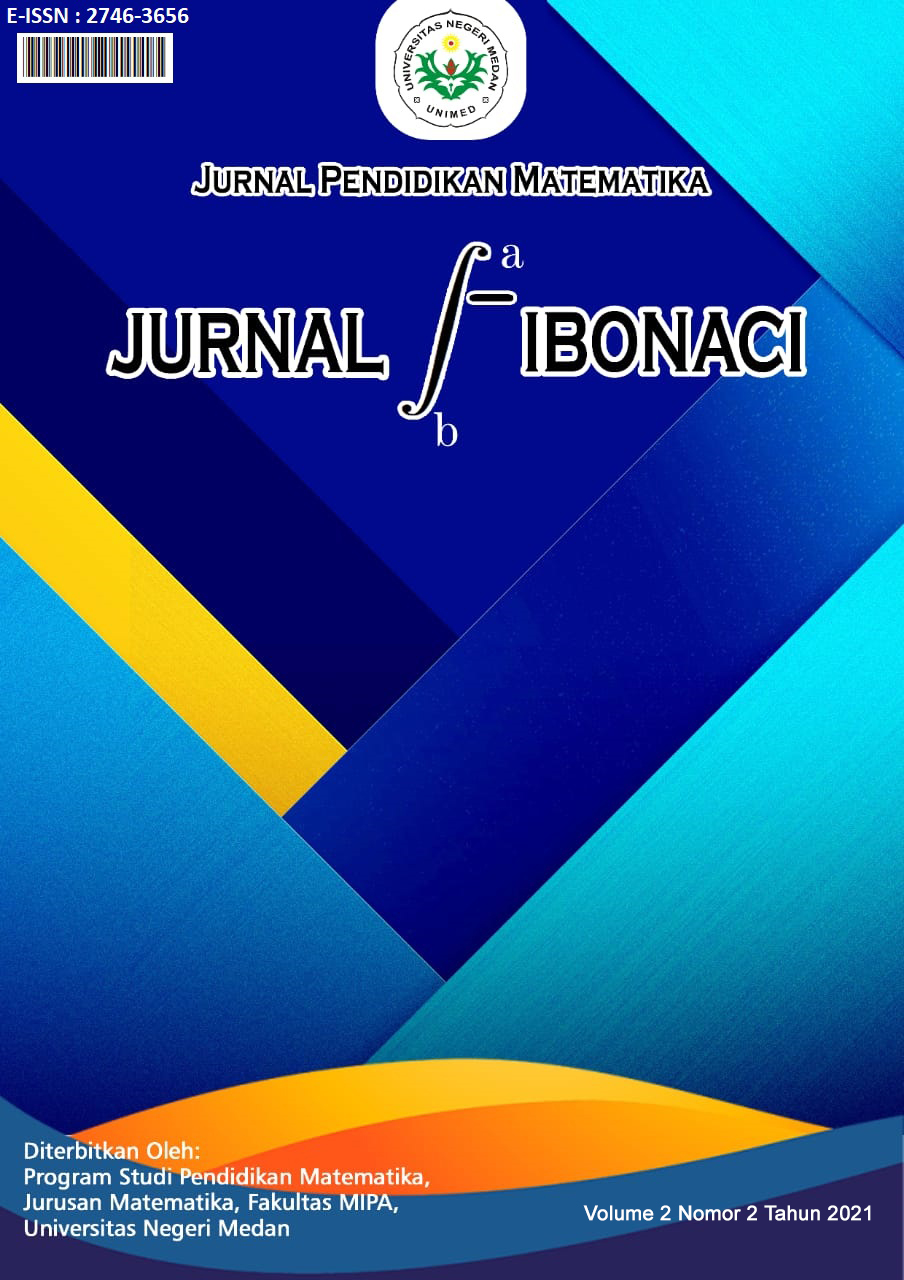Metasynthesis of Learning Device Development Based On ProbleBased Learning To Improve Mathematics Communication Ability
Main Article Content
Abstract
This study aims to improve students' mathematical communication skills through research articles conducted by previous researchers. Due to the large number of similar studies related to the development of learning tools based on problem-based learning in improving mathematical communication skills, this study was designed with a four-stage metasynthetic system, namely identification, assessment, interpretation and criticism of 5 journal articles that will be synthesized. The learning tools developed by previous researchers through synthesized journal articles are RPP (Learning Implementation Plan), Syllabus, LKPD (Student Worksheet) and learning evaluation sheets. The development of learning devices carried out by previous researchers was carried out with several stages of improvement after being examined and assisted by the validator team. Some articles use 2 learning systems, namely the division of small groups and large groups in the classroom and the use of author and indoor learning systems. From the results of the synthesis of journal articles that each learning device developed is suitable for use in the classroom learning system because it meets valid, practical and effective criteria at different levels of value and students' mathematical communication skills studied by previous researchers have increased.
Article Details
Section
Articles

This work is licensed under a Creative Commons Attribution-NonCommercial-ShareAlike 4.0 International License.
Authors who publish articles in this journal agree to the following terms:
- Authors retain copyright of the article and grant the journal right of first publication with the work simultaneously licensed under a CC-BY-SA or The Creative Commons Attribution–ShareAlike License.
- Authors are able to enter into separate, additional contractual arrangements for the non-exclusive distribution of the journal's published version of the work (e.g., post it to an institutional repository or publish it in a book), with an acknowledgment of its initial publication in this journal.
- Authors are permitted and encouraged to post their work online (e.g., in institutional repositories or on their website) prior to and during the submission process, as it can lead to productive exchanges, as well as earlier and greater citation of published work (See The Effect of Open Access).
